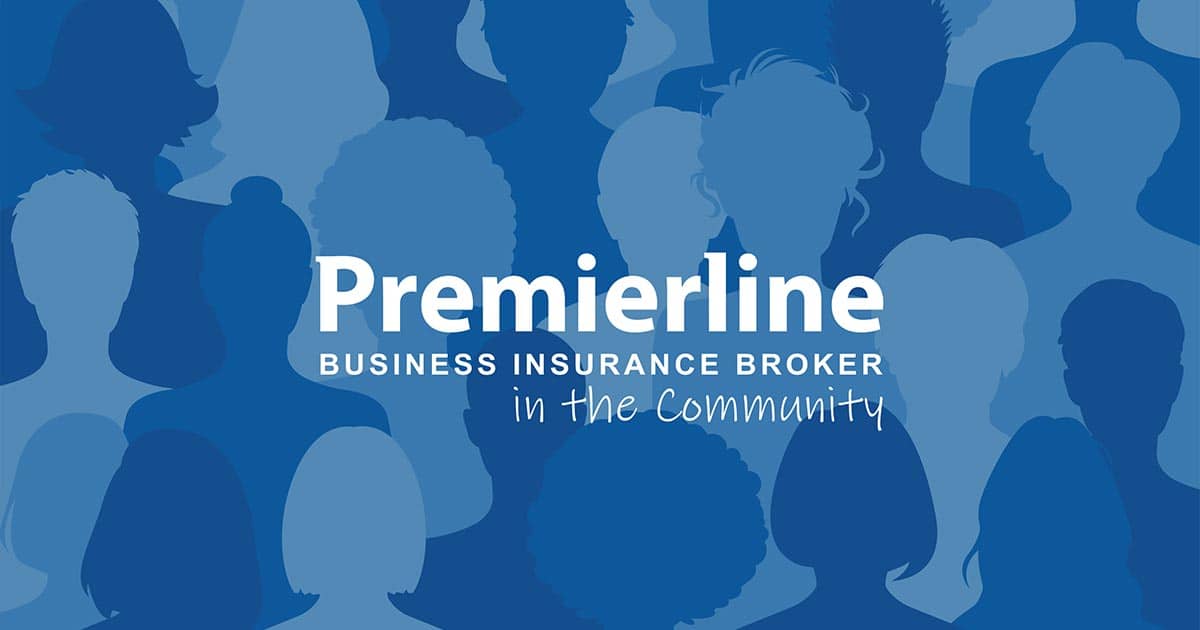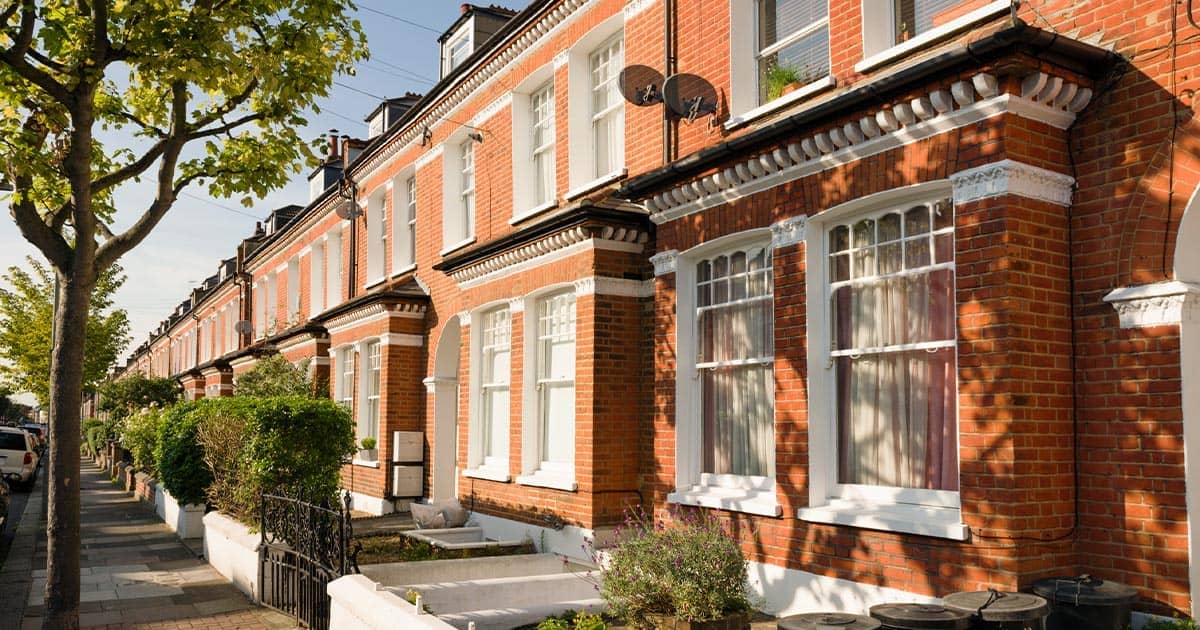As well as the regular landlord responsibilities, you must also meet the following standards as a HMO landlord:
Getting the right licence
A large HMO property will require a licence, but you should also check to see if you need a licence when renting out a regular HMO property. Your licence will be valid for 5 years and must be renewed before the expiry date to ensure that you remain licensed.
If you need to have a HMO licence and don’t have one, you can receive an unlimited fine, which is why you should always check to see if you need a licence or not.
Follow this link to visit the government website for advice and how to apply for a HMO licence.
Implement proper health and safety measures
Your HMO should meet health and safety regulations, which you can do by using the following information:
- Ensure that your property has a fire risk assessment completed, whether this is by yourself or someone qualified to be able to complete it. You should also ensure that your tenants know the escape routes and have fire safety equipment installed, such as smoke and fire alarms. You should also keep fire documentation in a place where anyone can find it should they need to.
- Have professionals carry out checks on electrical and gas systems at least once every 5 years. You should also keep records of these checks for your own documentation, but it would also be a good idea to keep these records with the fire safety documentation. Make sure you supply your tenants with these documents when they agree to move in or within 28 days of the latest check.
- Communal areas and facilities should be kept in a good state of repair with regular maintenance carried out, including communal areas like the garden. Provide necessary repairs to areas such as the shared bathrooms and kitchens.
- Have your water and drainage systems regularly checked to ensure that they are in a good state of repair and conduct an assessment for legionella risk.
- Your local council should be completing a Housing Health and Safety Rating System (HHSRS) risk assessment within the 5 years that your licence lasts, so make sure that an inspector makes it to your property within this time. Once your inspection has been carried out, fix any problems that are brought up from the inspection as soon as possible for the comfort of your tenants.
- Each time you have a new tenant move in, you should provide them with your full name and address or the contact details of the letting agent and your property’s energy certificate. You could also consider giving your tenants the governments 'How to Rent' guide to let your tenants known what you expect.
- When carrying out your risk assessment, look for anything that could cause an injury to your tenants, such as design or structural flaws, low window sills or unsafe balconies.
Avoid overcrowding
When renting out a HMO, you run the risk of overcrowding at the property. The property should be suitable for the people living at the property under the Licensing of Houses in Multiple Occupation (Prescribed Description) (England) Order 2018. This law includes the following requirements:
- Ensuring that all tenants over the age of 10 have a sleeping accommodation of at least 6.5 metres square, whilst sleeping accommodation for tenants under 10 are at least 4.64 metres squared.
- Informing your local authority if your HMO has a room of less than 4.64 metres squared, as this can’t be used as a bedroom.
- If you have one room designed for two people over the age of 10, the room should be at least 10.22 metres squared.
- If the height of the roof of any room is less than 1.5 metres, then that area cannot be included in the final floor space measurement.
- Tenants should not permit more people in a room than the room is designed for.
- Rooms that are designated as sleeping areas cannot be for any other purpose.
- There must be suitable space for tenants to be able to store waste outside of the house, as well as adequate facilities to wash and cook.
- Report any planned changes to your HMO to your local council. Always tell your local council, for example if your tenant has a new child.
- Make sure that your insurer or broker knows that you are using your property as a HMO so that your insurance arrangements are adequate in covering your property.
















